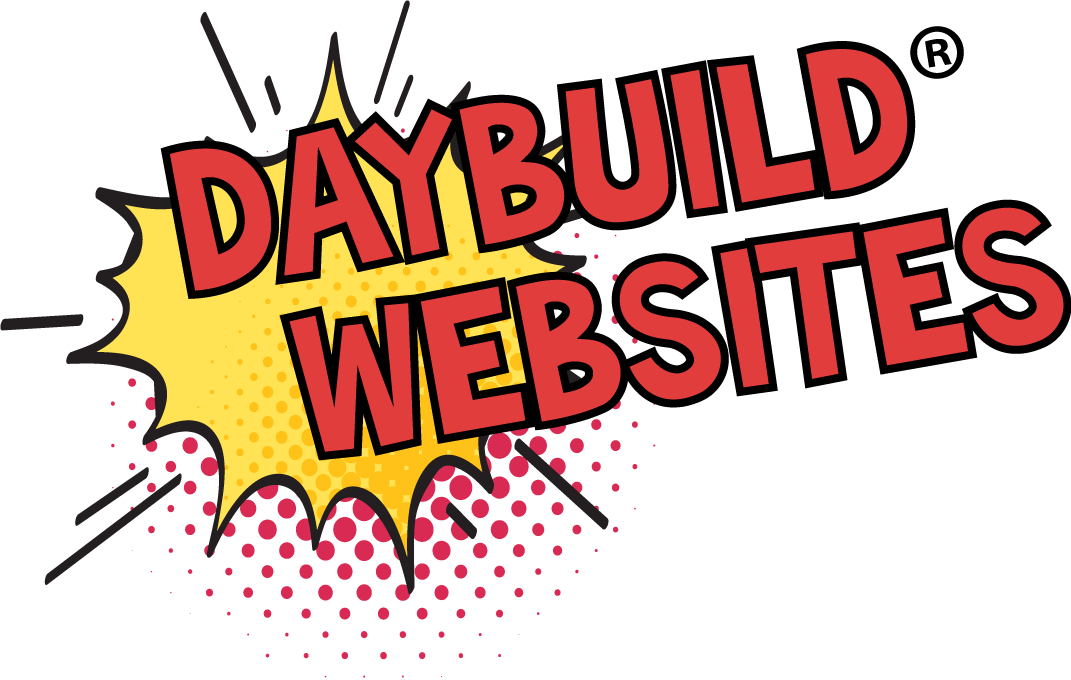Google isn’t just a search engine anymore. It’s part of daily life. Around 354 million searches are made on Google every hour, billions of questions, comparisons, and clicks every day. Whether you’re looking up tonight’s dinner recipe or researching a new business supplier, chances are you’re turning to Google first.
But search is changing. Artificial Intelligence (AI) isn’t only appearing in headlines or tech conversations; it’s now directly shaping how people see results. You’ve probably noticed AI-powered summaries at the top of your searches or even asked AI tools to explain something to you instead of scrolling through websites.
This raises an important question for businesses like yours: How does AI affect SEO, and how can you ensure your website is still found? The key is understanding that AI isn’t just a threat to SEO. It’s already influencing search, and adapting your strategy could help your business build authority and visibility.
Search Engine Optimisation (SEO) is the practice of improving your website so that it appears in search results when people search for products, services, or information you offer. SEO ensures search engines understand your site and see it as relevant and trustworthy.
AI is already playing a role here. Google uses AI systems like RankBrain, which interprets search intent, and Passage Ranking, which allows a single section of your content to appear in results even if the whole page is irrelevant.
This means content quality matters more than ever. Whether you’ve written your pages yourself, worked with a copywriter, or used AI tools to draft content, what counts is how helpful and trustworthy that content is. Search engines are becoming better at rewarding usefulness over word count or keyword stuffing.
If you’ve ever felt like SEO changes faster than you can keep up, you’re not alone. Over the past decade, businesses have had to adapt to major shifts like:
AI is the next stage of this ongoing evolution. Instead of just displaying a list of links, Google is now using AI to provide direct answers and guide users through more conversational searches. If you’re not adjusting your SEO strategy, your competitors will be the ones getting seen.
AI has gone from background technology to the centre of the search experience. You’ve probably already seen some of these new features:
For your business, this means content needs to be clear, structured, and reliable. AI tools are designed to pull in information that’s easy to interpret. If your website’s content is messy, vague, or missing trust signals, AI is less likely to use it.
Think of it this way: AI-powered features scan thousands of pages simultaneously, but they need quick signals about which content is useful. Making your content straightforward and trustworthy increases your chances of being included.
These AI changes are reshaping how SEO works in practice. Some of the most important updates include:
This doesn’t mean SEO is dead. It means SEO has new layers. Your strategy needs to go beyond keywords and rankings to consider how your content is presented in AI-driven features.
So, is AI helping your SEO or hurting it? The truth is, it’s doing both.
AI Overviews are appearing more often: They’re showing up in results for more queries every month. That means more people could see your content, even if they don’t always click.
AI search traffic is growing: According to SEMrush, AI-driven visitors could overtake traditional search visitors by 2028.
Some industries are seeing traffic drops: News outlets, for example, have reported reduced traffic because readers are getting answers in summaries without clicking through.
For your business, this means you need to think beyond clicks. Visibility in AI features builds trust and authority. Even if traffic looks different on the surface, being part of those summaries keeps your business in front of your audience.
Google has confirmed that being included in AI Overviews is now part of ranking websites. In other words, if your content is used in a summary, you’re also more likely to rank higher in search results.
AI Overviews often sit in Position 1 or very close to it.
They include links to your website, allowing readers to click through for more details.
Being featured builds authority and visibility for your brand.
If you want to improve your chances of being included, focus on producing accurate, structured, and user-friendly content. When AI chooses your site as a source, it’s like an endorsement of trustworthiness.
One of the biggest worries about AI summaries is that people might stop clicking altogether. Zero-click searches are definitely rising. People often find what they need in the AI Overview and don’t scroll further. On top of that, if AI takes your content out of context, there's the risk of misrepresentation; it might present an answer that doesn’t fully reflect your business.
Make your content as precise and accurate as possible, so AI tools represent it correctly. Accept that SEO success is no longer just about click-through rates. Authority, brand awareness, and trust are now just as important as direct traffic. If your business is consistently present in AI features, people will notice your brand even if they don’t click right away. That visibility builds familiarity, which can pay off when they’re ready to make a decision.
AI is changing how search works, but it’s not replacing SEO. It’s reshaping it.
Here’s what you need to remember:
The good news is that you'll be in a strong position if you create content with both people and AI systems in mind. Think of AI as another audience you’re writing for. Search engines and users benefit when you provide clear answers and build trust.
The way people search online is changing fast. If you want your website to keep showing up where it matters, now is the time to act.
We can help you adapt to AI-driven SEO. Whether you need support with technical SEO, content planning, or making your site AI-ready, we’ll work with you to ensure the right people see your business in the right places.
If you’d like to know how your website is performing right now, get in touch to book your free SEO audit. It’s a quick way to see where you stand and what you can do to stay ahead in a world where AI is shaping search.





